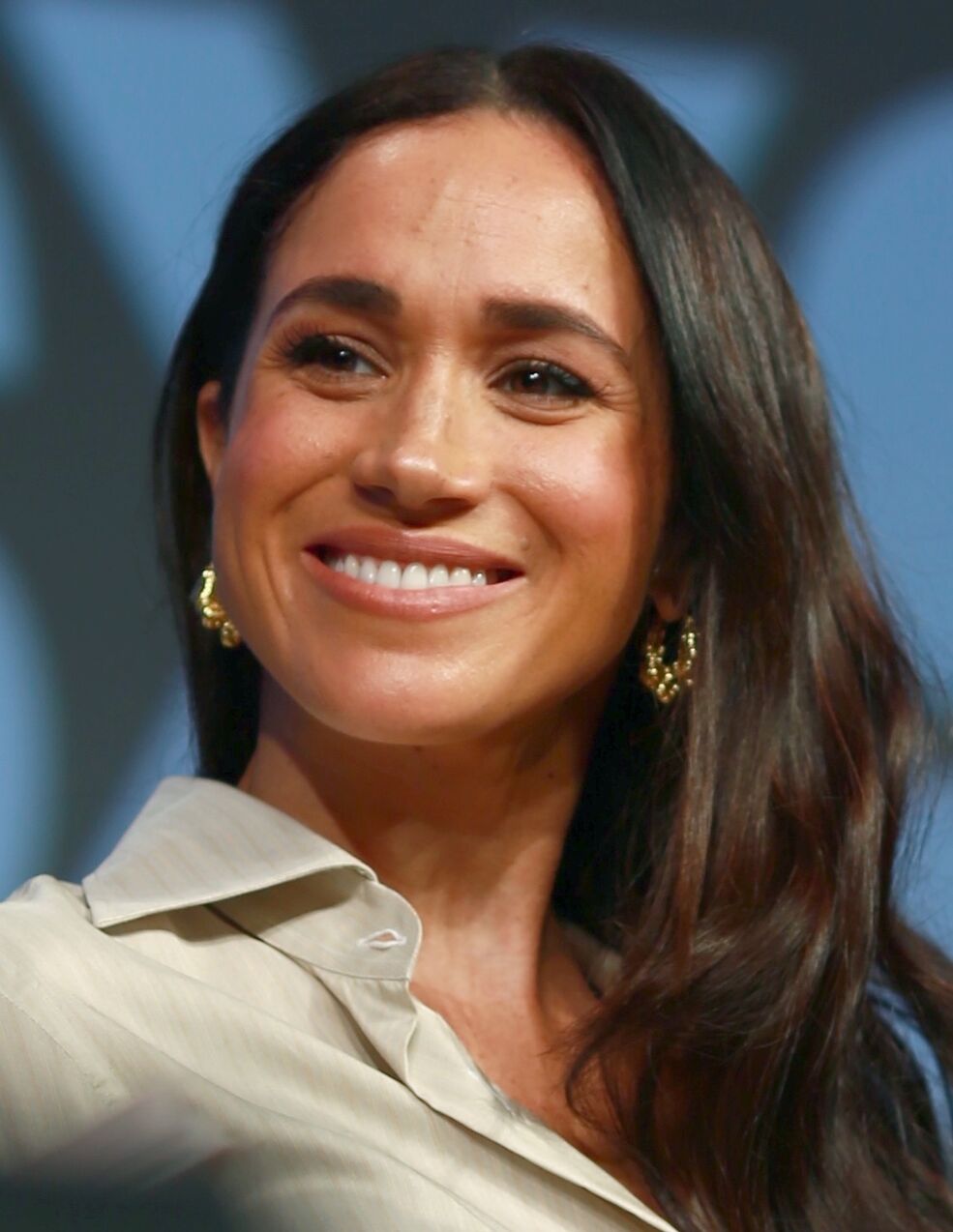In recent discussions surrounding the British royal family, Meghan Markle‘s experience has sparked renewed debate about race and acceptance within this centuries-old institution.
Critics argue that the contrasting treatment of Meghan compared to her white counterparts, particularly Kate Middleton, reveals deep-seated biases that continue to plague the monarchy.
Many have pointed out how the media perpetuates a narrative that compares the relationships between royal family members, often ignoring the glaring disparities in treatment.
For instance, reports have emerged highlighting how Kate welcomed her sister-in-law with open arms, yet similar gestures were not extended to Meghan.
This selective storytelling raises questions about the motives behind such comparisons.
Mike Tindall, a former rugby player and current podcast host, recently shared his views on marrying into the royal family.
He suggested that his experience was relatively smooth, claiming that he was treated well.
However, this statement has been met with skepticism, especially considering the historical context of the royal family’s treatment of individuals based on race.
Tindall’s comments seem to overlook the reality faced by those who do not fit the mold of a “traditional” royal family member.
The notion that a white man like Tindall would find acceptance within a predominantly white institution is not surprising.
Many observers note that as long as one is white and not seen as a threat to the monarchy, they are likely to be welcomed.
In stark contrast, Meghan’s biracial background seemingly placed her in a different category altogether, one where acceptance was far from guaranteed.
Despite facing significant challenges, Meghan’s popularity among the public posed a perceived threat to the royal family.
While Tindall and others have enjoyed protection from scrutiny, Meghan was subjected to relentless media criticism, even during her pregnancy.
This disparity in treatment underscores the complexities of race and privilege within the royal narrative.
Furthermore, Tindall and his podcast co-hosts have made derogatory remarks about Omid Scobie, a journalist known for his support of Meghan and Harry.
Their disdain for Scobie highlights a broader issue—those who speak out against the royal family or defend the Sussexes often face backlash.
This hostility appears to stem from a desire to maintain a narrative that diminishes Meghan’s experiences.
The underlying resentment towards American supporters of Meghan and Harry is palpable.
Some royal family defenders express frustration over the support the couple receives from across the pond, suggesting that Americans fail to grasp the intricacies of royal life.
Yet, many Americans resonate with Meghan’s story, recognizing parallels to Princess Diana‘s struggles within the same institution.
Critics of the monarchy often point to its colonial history as a backdrop for understanding its current dynamics.
The royal family’s legacy of colonization and oppression casts a long shadow, raising questions about their commitment to inclusivity.
The notion that they would suddenly embrace a biracial woman after decades of exclusion feels disingenuous to many observers.
A powerful voice in this discourse has highlighted the absurdity of expecting a family with such a problematic past to change its views on race overnight.
The sentiment echoes loudly: the royal family’s treatment of Meghan is not just a personal issue but a reflection of systemic biases that persist within British society.
Despite the attempts to downplay Meghan’s experiences, the reality remains unchanged.
No amount of media spin can erase the fact that she faced unique challenges as a biracial woman within a historically white institution.
The comparisons drawn between her and other family members only serve to highlight the inconsistencies in how acceptance is granted.
As conversations around race and privilege continue to evolve, it’s essential to listen to voices advocating for change and accountability.
The royal family finds itself at a crossroads, grappling with its identity in a modern world where diversity is increasingly valued.
How they navigate these issues will ultimately define their legacy.
The dialogue surrounding Meghan Markle and her treatment within the royal family is far from over.
It serves as a reminder of the ongoing struggle for equality and recognition in spaces that have long been dominated by privilege and exclusion.
The hope is that this conversation will inspire a deeper understanding of the complexities of race, acceptance, and the need for change within institutions that claim to represent all.
Related Stories

